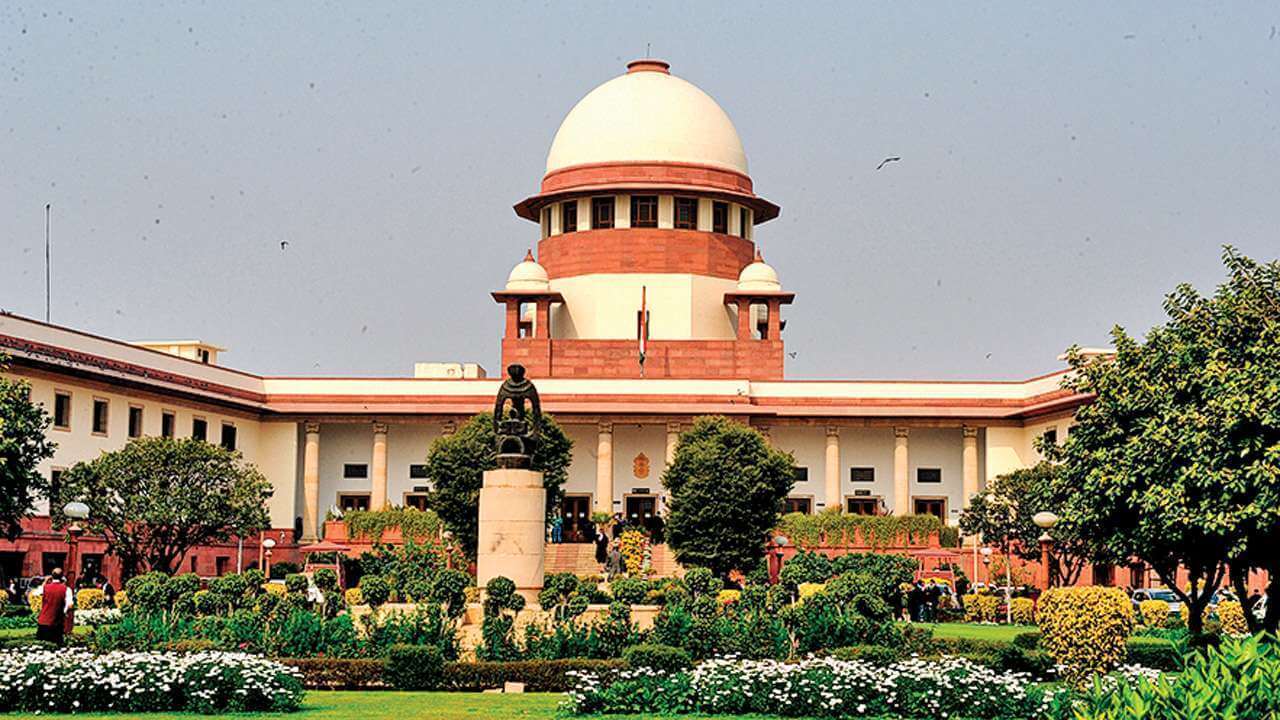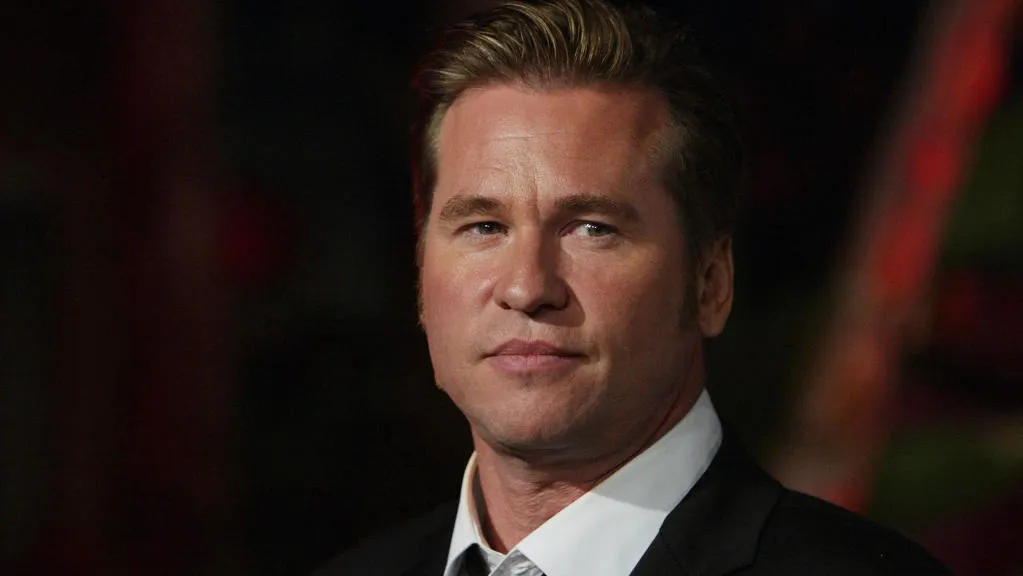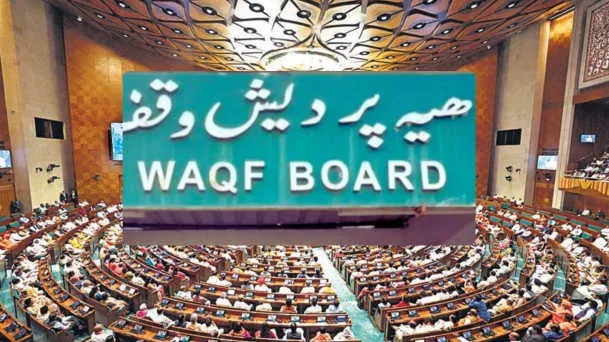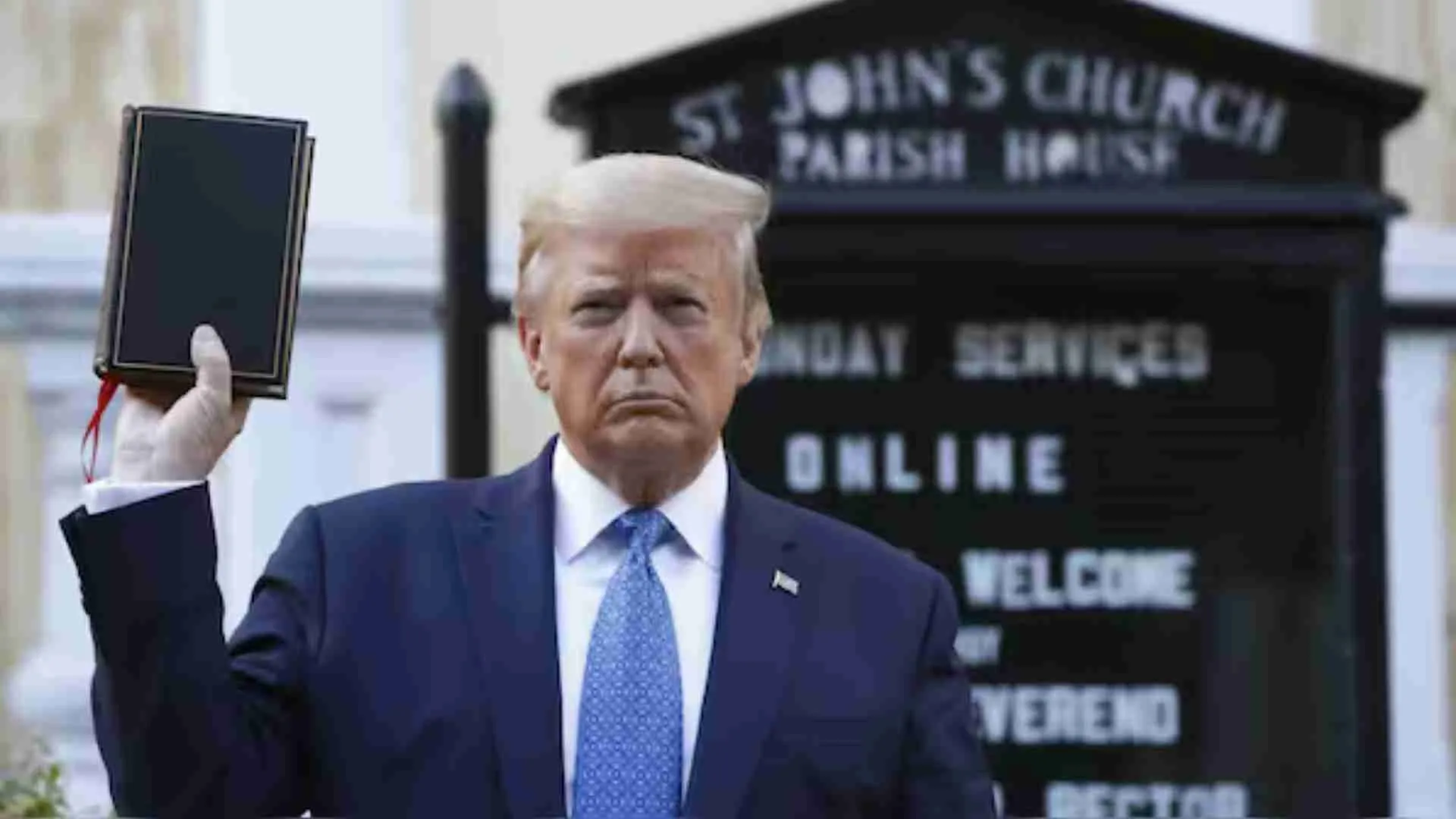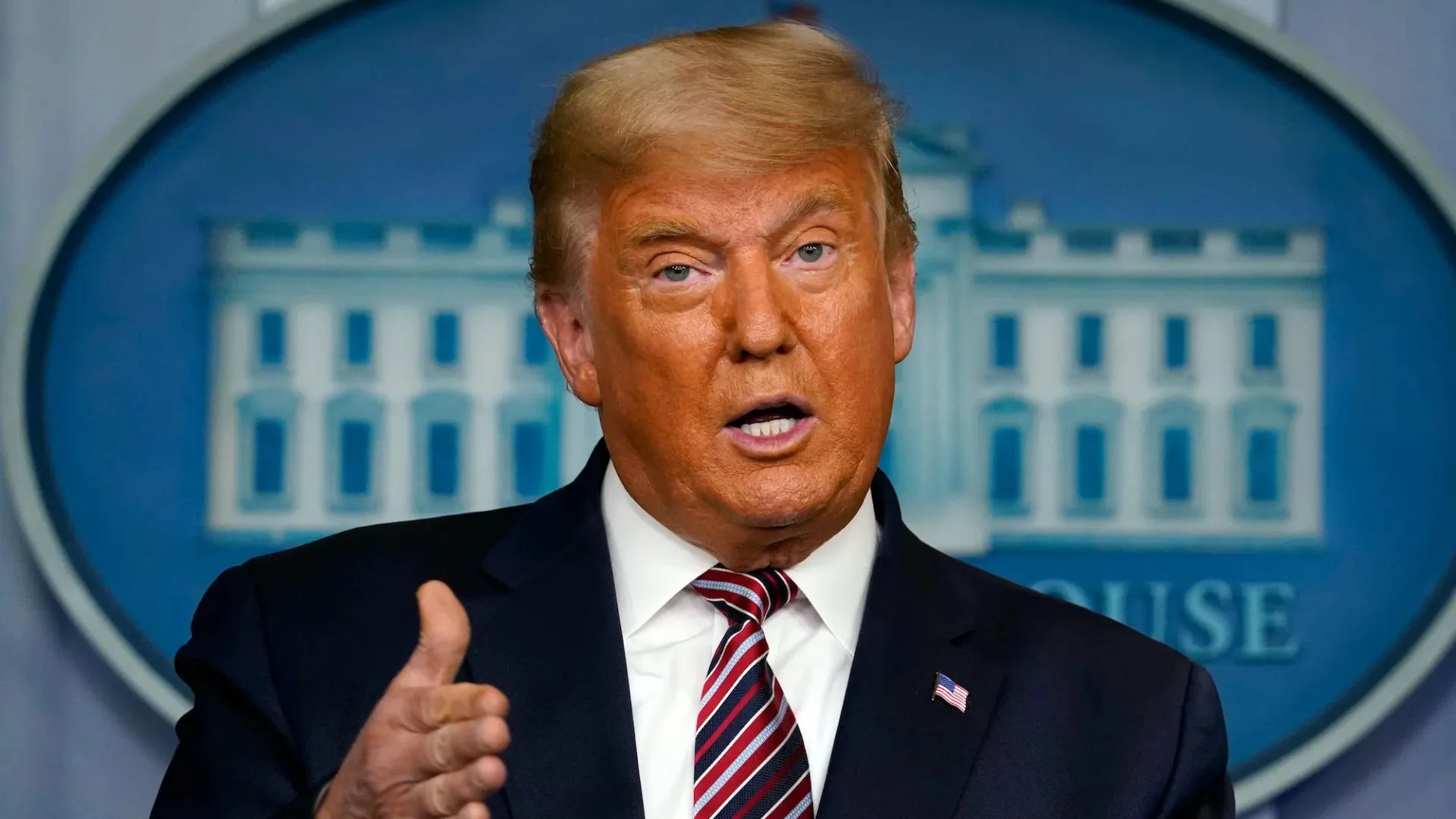The Supreme Court in the case Subhash Desai v. Principal Secretary, Governor of Maharashtra And Ors, wherein the constitution bench of the Supreme Court has listed the pleas concerning the constitutional issues arising out of the rift within the Shiv Sena party between Eknath Shinde and the groups of Uddhav Thackeray on 14.02.2023. The bench headed by CJI D.Y. Chandrachud, Justice M.R. Shah, Justices Krishna Murari, Hima Kohli and P.S. Narasimha was hearing the matter. The counsel, Senior Advocate Kapil Sibal in the matter apprised the bench that earlier it has been indicated by him that he would want to argue on the correctness of Nabam Rebia judgment and the need for the matter to be referred to the bench of seven judge. In the previous hearing, the counsel, Senior Advocate Sibal, representing the Uddhav Thackeray group, had submitted before the court had submitted that the matter needed to be referred to a 7-judge bench, for considering the correctness of the 2016 judgment delivered by the Constitution Bench in the case Nabam Rebia versus Deputy Speaker. However, in the case of Nabam Rebia, a 5-judge bench ruled that a Speaker cannot initiate disqualification proceedings when a resolution seeking his removal is pending. It has been stated by CJI Chandrachud that it being the 5-judge bench to decide whether to refer the matter to the 7-judge bench. Further, the bench would hear the same and has listed the matter for 14.02.2023. The bench headed by CJI DY Chandrachud remarked that, on Feb 14, we can start the Maharashtra matter and take Assam matter after that. Therefore, the issues for consideration in the matter The bench comprising of 3-judge, Chief Justice of India NV Ramana, Justice Krishna Murari and Justice Hima Kohli, had referred the petitions to the Constitution Bench had framed the following 11 issues for its consideration – A. Whether the notice issued of removal of the speaker is restricting him from continuing the disqualification proceedings under Schedule X of the Indian Constitution as being held by the Court in Nabam Rebia; B. Whether a petition under Article 226 and Article 32 of the Constitution lies inviting a decision on a disqualification of proceeding either by the High Courts or the Supreme Court as the case may be; C. Can a court hold that a member who is deemed to be disqualified by virtue of his or her actions absent a decision taken by the Speaker? D. What is the status of the proceedings in the House during the pendency of the petitions disqualified against the members? E. If the decision is being taken by the speaker that a member was incurred disqualification under the Tenth Schedule which relates back to the date of the complaint, then what being the status of proceedings that took place during the pendency of the disqualification of petition? F. What can be the impact of the removal of Para 3 of the Tenth Schedule? (which has omitted the “split” in a party as a defence being used against the disqualification proceedings) G. What is the scope of the power of the Speaker for determining the whip and leader of house of the legislative party? H. What is the interplay with respect to the provisions stated under the Tenth Schedule? I. Are intra-party questions amenable to the judicial review? What being the scope of the same? J. Power of the governor for inviting a person to form the government and whether the same is amenable to judicial review? K. What is the scope of the powers of Election Commission of India with respect to determine an ex parte split within a party.

